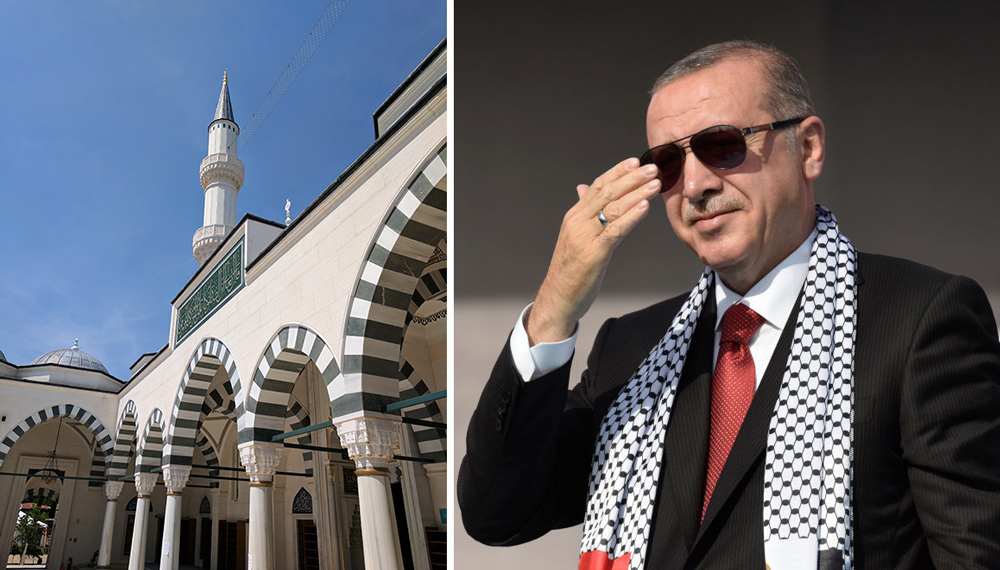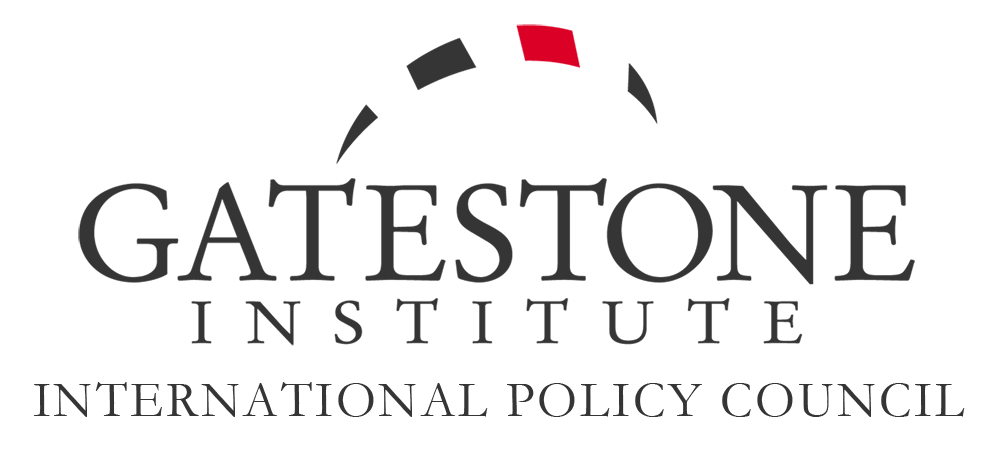According to Turkish media reports, the Turkish government's Directorate of Religious Affairs (Diyanet) gathered intelligence via its imams and other employees in 38 countries on the activities of Turks suspected of supporting the US-based Turkish Islamic cleric Fethullah Gülen.
Peter Pilz, then an Austrian member of parliament, last year revealed that he had received documents from a Turkish source indicating the existence of "a global network of informants" -- spanning four continents -- reporting to Turkey's Diyanet on alleged Gülenists. In most cases, these informants were religion attachés at embassies and consulates.
In 2016, the Diyanet Center of America (DCA) completed the construction of a $110 million mosque complex in Lanham, Maryland. According to the DCA website, "The result is a small village that will be an important cultural hub for all visitors and residents of Washington DC area." Turkish President Recep Tayyip Erdogan inaugurated the complex, one of many Diyanet-affiliated mosques in North America.
The Trump administration should be on guard. If Erdogan's mosques in Europe, Africa, Australia and Asia are being used as a conduit to spy on Turkish nationals who possibly oppose his rule, is it not safe to assume that similar activity has been going on in the United States?

If Turkish President Recep Tayyip Erdogan's mosques in Europe, Africa, Australia and Asia are being used as a conduit to spy on Turkish nationals who possibly oppose his rule, is it not safe to assume that similar activity has been going on in the United States, for example, at the $110 million Diyanet Center of America mosque complex (pictured at left) near Washington, D.C.? (Image sources: Diyanet Center - DBull360/Wikimedia Commons; Erdogan - Getty Images)
According to Turkish media reports, the Turkish government's Directorate of Religious Affairs (Diyanet) gathered intelligence via its imams and other employees in 38 countries on the activities of Turks suspected of supporting the US-based Turkish Islamic cleric Fethullah Gülen, whom Turkey's government accuses of organizing a failed coup attempt in July 2016. Diyanet reportedly requested from its branches abroad to submit their findings in time for the 9th Eurasia Islamic Council, which took place in October 2016. These findings were then reportedly submitted to the "Coup Commission" of the Turkish parliament (TBMM).


No comments:
Post a Comment